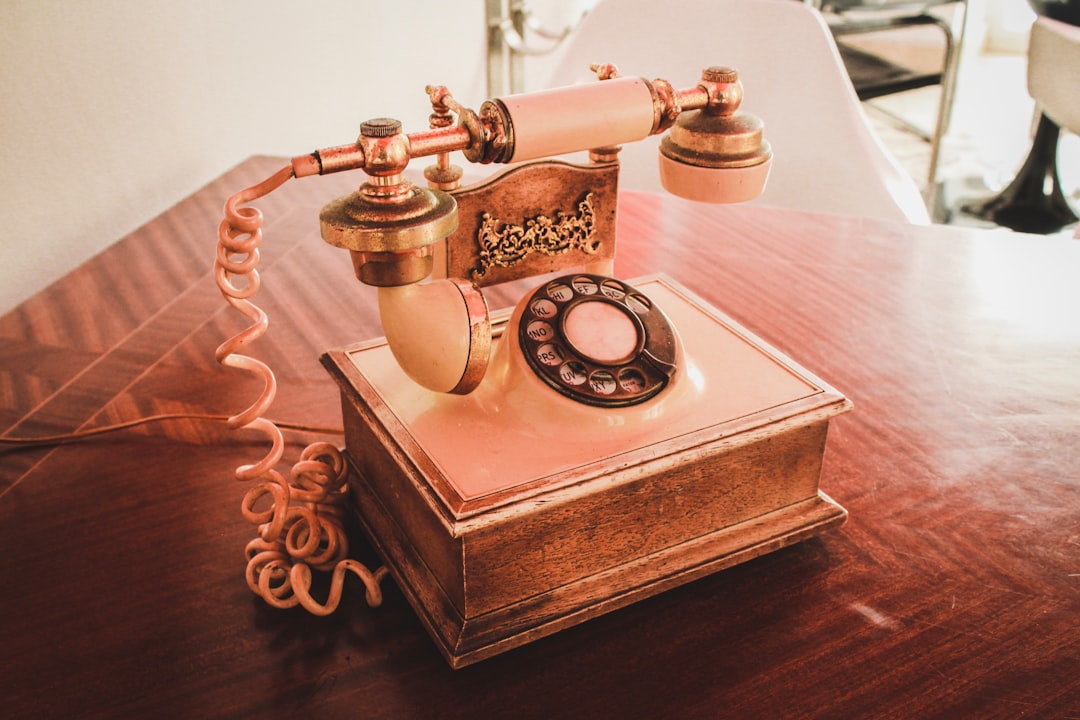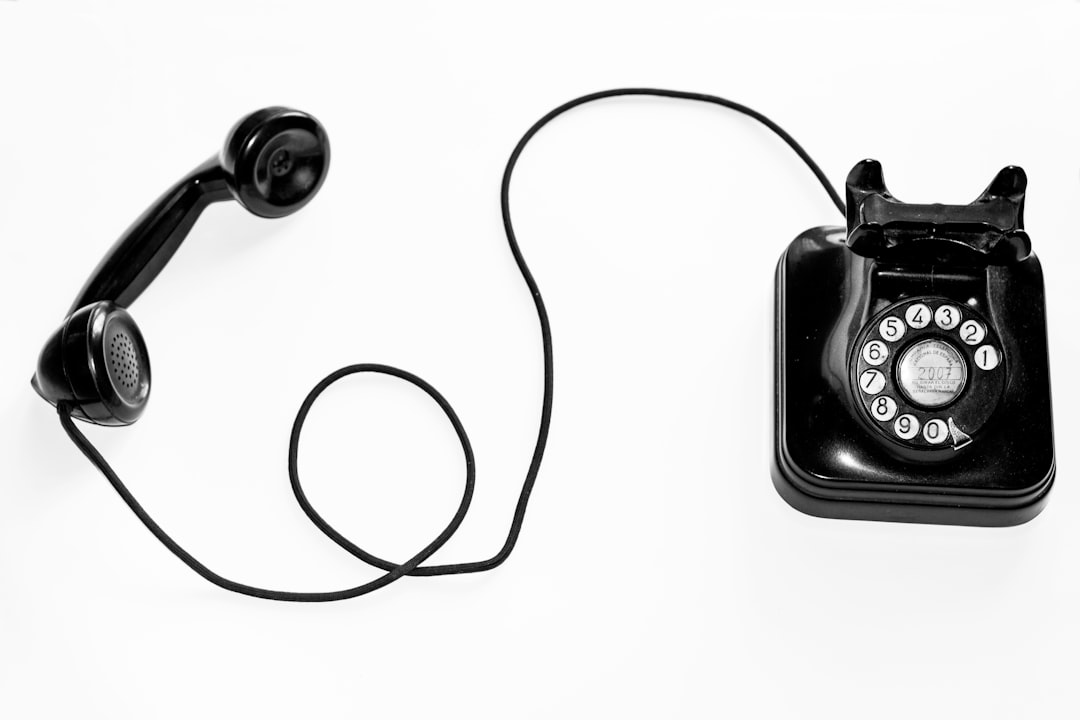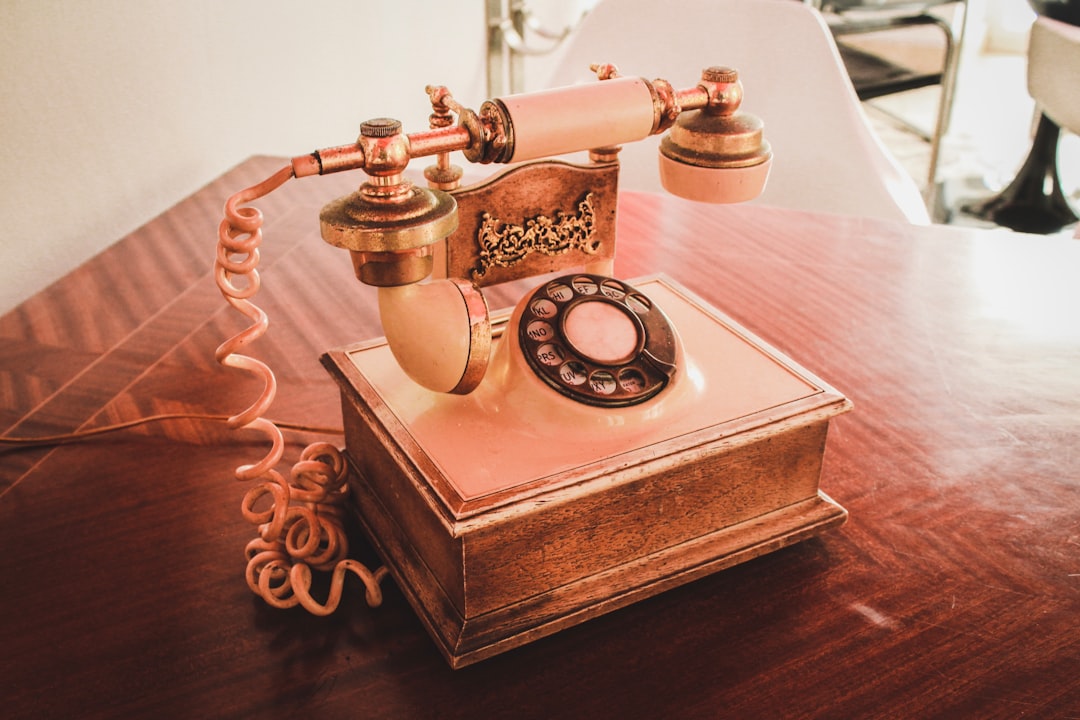Coralville residents are targeted by sophisticated phone scams from impostors posing as government officials or utility companies, demanding immediate payments. To avoid these scams, do not share personal information over the phone, hang up on suspicious calls, and verify organizations' requests independently using official numbers. Registering for Iowa's Do Not Call list, staying informed about common scams, and consulting a lawyer specializing in scam prevention offer enhanced protection. Reporting scams to local authorities and utilizing legal advice from a lawyer for Do Not Call Iowa are crucial steps towards reclaiming personal privacy and space from unwanted callers.
In today’s digital age, phone scams targeting Coralville residents have become increasingly sophisticated. Understanding common techniques used by scammers is crucial to staying protected. This article equips you with insights into how to recognize red flags, spot suspicious calls and messages, and take proactive measures. Learn about the Do Not Call Registry in Iowa, and discover practical tips to shield yourself from scams. We also provide valuable resources and reporting options for Coralville residents, ensuring you stay informed and protected. For legal assistance regarding Do Not Call regulations, consult a local lawyer specializing in these matters.
Understanding Common Phone Scam Techniques Targeting Coralville Residents

In Coralville, as in many areas across the country, residents are increasingly targeted by sophisticated phone scams. Scammers often pose as officials from government agencies, utility companies, or even local law enforcement to trick individuals into revealing personal information. They might claim there’s a problem with your account and demand immediate payment over the phone, threatening consequences if you don’t comply. Another common tactic is the “imposter scam,” where the fraudster pretends to be someone you know, like a relative or friend in distress, asking for money urgently.
To avoid these scams, it’s crucial to remember that legitimate organizations will never ask for sensitive information over the phone or demand immediate payment. If you receive such a call, hang up and contact the organization directly using a verified number from their official website. Additionally, consider registering for Do Not Call lists in Iowa to limit unwanted calls, and reach out to a lawyer specializing in scam prevention for further guidance on protecting yourself and your community from these deceptive practices.
Recognizing Red Flags: Spotting Suspicious Calls and Messages

Recognizing red flags is a crucial step in protecting yourself from phone scams. If you receive an unexpected call or text, be alert for signs that something might not be right. For instance, if the caller demands immediate action, uses threatening language, or pressures you to provide personal information over the phone, these are strong indications of a potential scam. Scammers often pose as government officials, bank representatives, or even legal professionals, trying to lure you into sharing sensitive data.
In Iowa, if you’re facing incessant calls from unknown numbers or suspect a potential scam, reporting it to the Do Not Call Registry can be a good starting point. Additionally, staying informed about common scams and keeping in touch with local law enforcement or consumer protection agencies can empower you to make wise decisions and protect yourself from phone-based fraud.
Legal Protections: The Role of the Do Not Call Registry in Iowa

In Iowa, the Do Not Call Registry plays a pivotal role in preventing phone scams and protecting residents from unwanted calls. By registering your phone number on this state-managed list, you can significantly reduce the volume of marketing and sales calls you receive. This registry is a legal protection that allows citizens to have more control over their communication preferences. If you’re a Coralville resident considering hiring a lawyer for Do Not Call Iowa issues, understand that these professionals can guide you in navigating your rights and ensuring compliance with state laws.
Additionally, the registry helps enforce restrictions on call centers and telemarketers, making it easier to hold them accountable for violating consumer privacy laws. This initiative is a step towards creating a safer and less disruptive environment for residents dealing with phone scams, offering a simple yet effective way to reclaim personal time and space from unwanted callers.
Practical Tips to Shield Yourself from Phone Scams

Staying safe in today’s digital age requires vigilance, especially when it comes to phone scams. Here are some practical tips to shield yourself from these deceptive practices:
First and foremost, never share personal or financial information over the phone unless you’ve initiated the call and are certain of the recipient’s identity. This includes social security numbers, bank details, and passwords. Be wary of unexpected calls claiming to be from government agencies, banks, or even a lawyer for Do Not Call Iowa; verify such claims independently through official channels. Additionally, hang up on automated voices asking for personal information or offering too-good-to-be-true deals. Don’t feel pressured to make an immediate decision; legitimate organizations won’t demand urgent action.
Resources and Reporting Options for Coralville Residents: Staying Informed and Protected

For Coralville residents seeking protection against phone scams, there are several resources available to stay informed and take action. The city’s official website often publishes updates on common scams targeting local folks, along with tips on how to avoid them. Additionally, the Iowa Attorney General’s Office offers a dedicated section on their site for consumer protection, providing insights into various fraud schemes and how to report them.
Reporting phone scams is a crucial step in protecting not only yourself but also your community. Coralville residents can file complaints through the city’s official channels or utilize the online reporting tools provided by the Iowa Attorney General. Furthermore, they can register their numbers on the national Do Not Call registry and consider seeking legal advice from a lawyer specializing in Do Not Call laws in Iowa to ensure they understand their rights and options.






